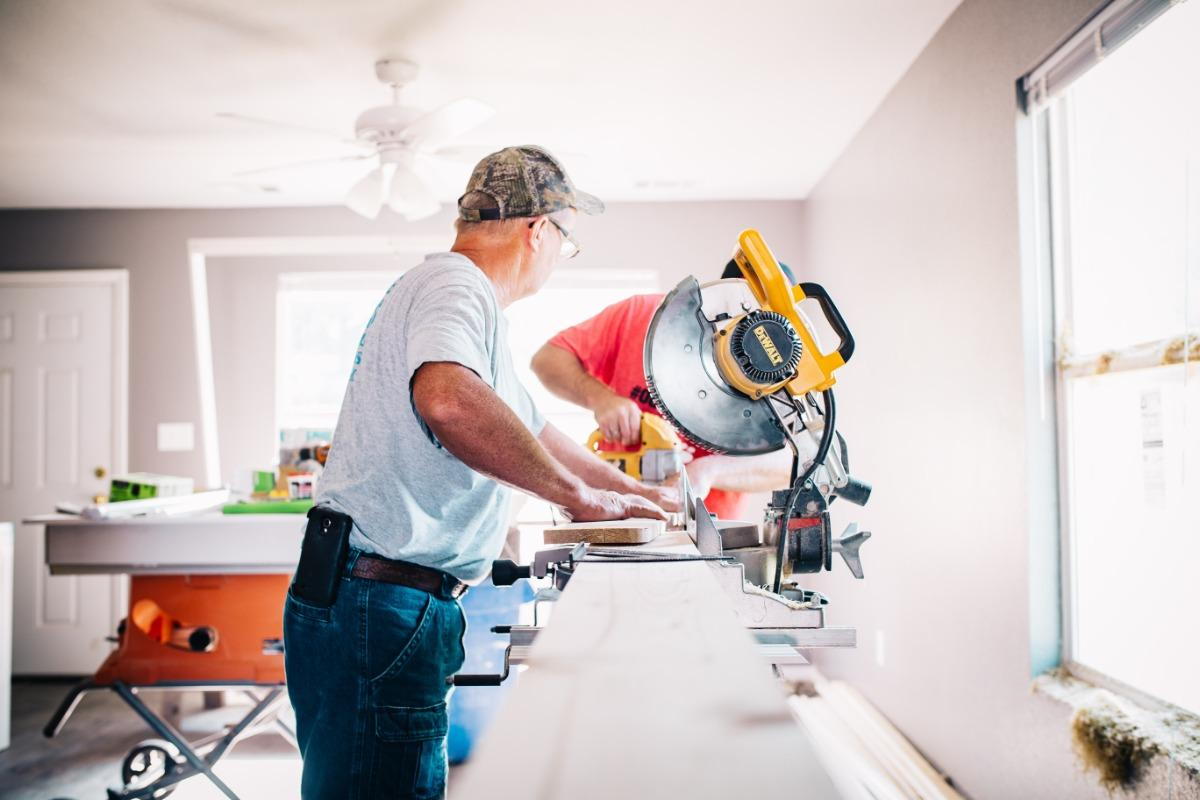
- posted: Jul. 26, 2020
My Landlord is accusing me of making unauthorized alterations to my apartment. How do I defend myself?
During COVID-19, while many landlords were absent from making repairs, some tenants have taken it upon themselves to repair their apartments. But, be mindful...
What is an Alteration?
An alteration can be any addition, installation, or improvement to the apartment. This normally involves the hiring of contractors or mechanics but not necessarily.
Most leases contain what is called an “Alterations” clause, or a paragraph in the lease that prohibits a tenant from making alterations or changes to an apartment without the Landlord’s prior written approval. Most leases prohibit tenants from conducting both structural and non-structural alterations, but this is a very case specific question that only your particular lease can answer.
A structural alteration is one that affects a substantial portion of the premises, changes its characteristic appearance or purpose, or a change that affects the realty itself, normally large in scope or unusually expensive. In plain English, this means a major change affecting the apartment’s basic nature, such as:
- Installing new windows
- Building or removing walls
- Relocating a stove
- Installing a breakfast bar
- The movement of electrical or gas lines
Non-structural changes could mean installing new floors or kitchen appliances.
But what if my Landlord refuses to replace my broken fridge?
If your Landlord has ignored your repeated requests to replace a defective refrigerator, and you decide to replace it yourself, you might have a valid defense against an Alterations holdover because some courts have decided that your behavior does not violate the prohibition against alterations clause. But don’t take this too far, other courts have held that even installing a washing machine, for example, is a prohibited alteration.
But what if I didn’t do this? These changes were made before I rented my apartment?
At times, your landlord may accuse you of something you did not do. It could have been a previous tenant, for example. In that case, unless you have solid proof that it was not you, the Court’s job is to evaluate your credibility and weigh it against your Landlord’s. The Court will make a decision at trial if you and your landlord cannot reach a settlement.
If you are accused of alterations, your landlord may first serve you with a “Notice to Cure”, which provides you with an opportunity to put things back the way that they were before you made any changes. This depends on your lease. Many leases do state that before a Landlord can start a holdover against you for alterations, they must give you an opportunity to correct.
After service of the Notice to Cure, you will be served with a Notice of Termination if you do not make the corrections in the time given, and finally, you will receive a Notice of Petition and Petition which will bring you into Court.
Have you or someone you know been accused of breaking your lease by performing alterations without permission?
Call us today for a consultation so that we can devise a legal strategy against your Alterations Holdover. We here at Outerbridge Law have successfully defended against these exact types of holdover proceedings, and can help you reach a proper settlement or defend you at trial. Contact us at:
Outerbridge Law P.C.
(212) 364-5593


